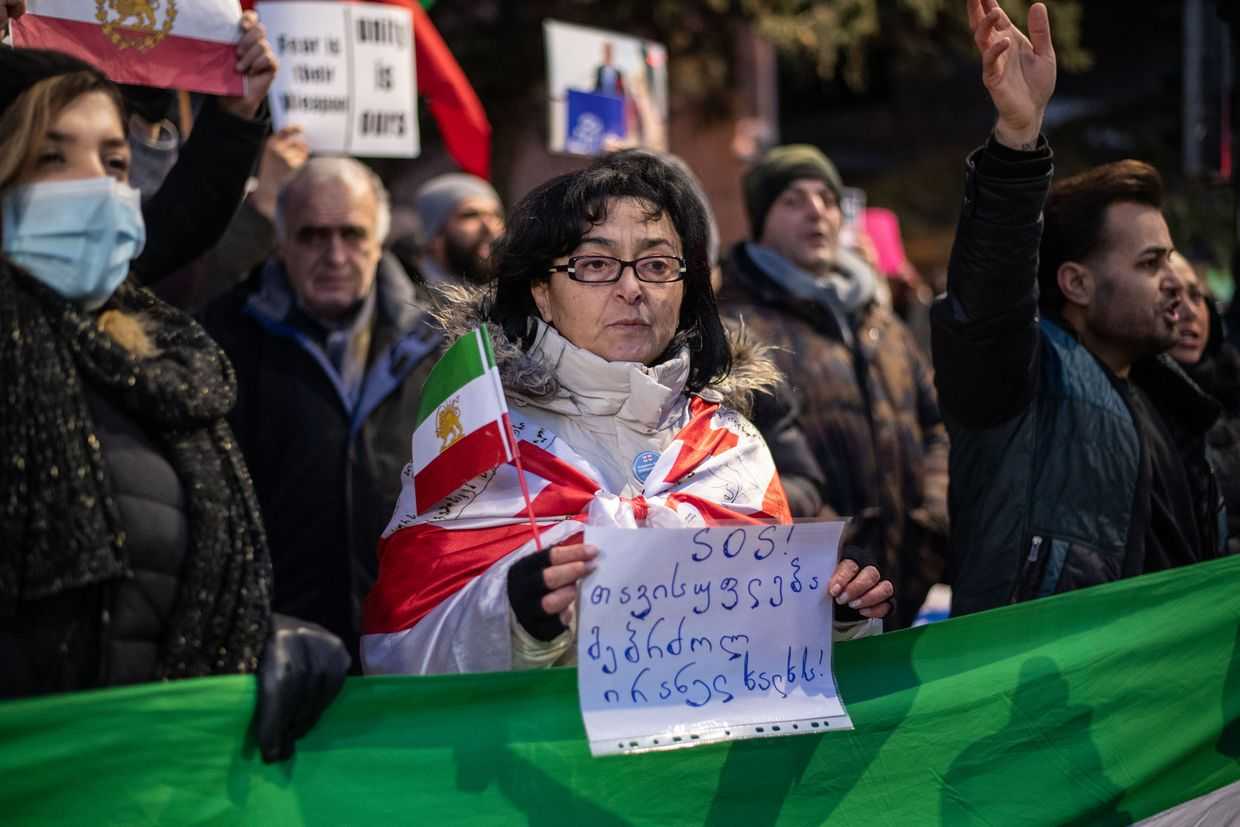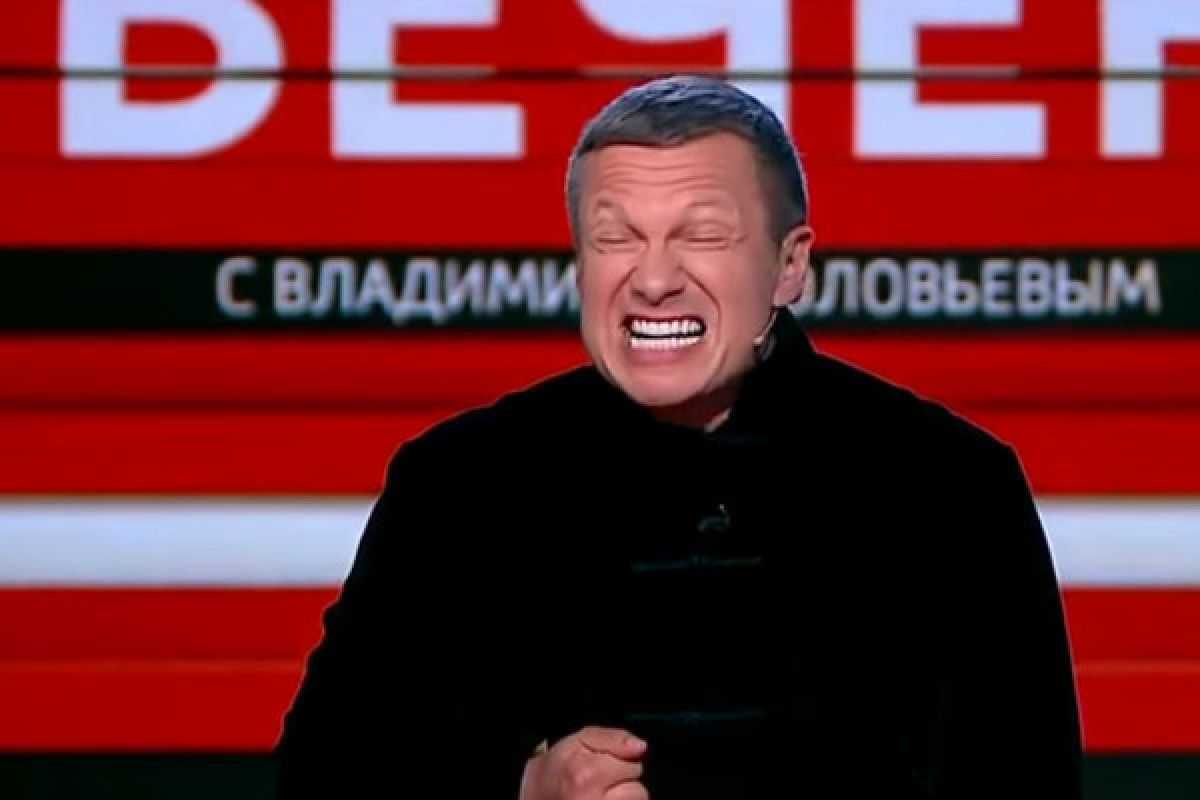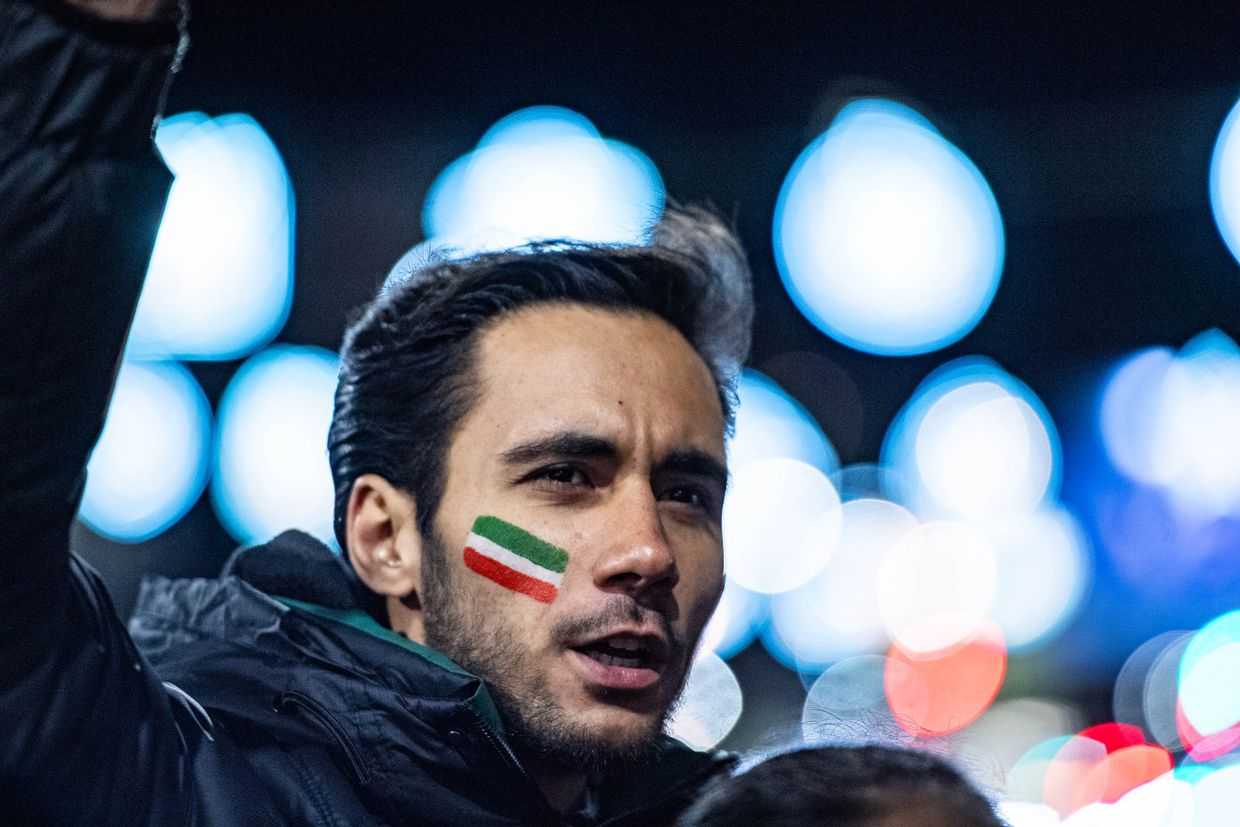
Armenia has contracted the Russian state nuclear agency, Rosatom, to extend the life of the Metsamor Nuclear Power Plant, with talks ‘ongoing’ about building a new reactor at the ageing facility.
At a meeting in Yerevan attended by Russian Deputy Prime Minister Alexey Overchuk on Friday, the Metsamor NPP signed a deal with Rosatom to extend the operation of the plant until 2036.
RIA, a Russian state news agency, reported that the deal was worth $65 million.
The contract involves further extending the life of Metsamor’s Reactor 2, which came online in 1980 with an expected 30-year lifespan and is currently the only reactor still operational at Metsamor. The reactor was due to be decommissioned in 2026, after its lifespan was previously extended.
Environmental campaigners, Turkey, and the EU have all expressed concerns about the safety of the current reactor, urging the government to shut it down.
Overchuk also announced that Russia was in talks with Armenia to build a new reactor at the plant. Discussions about constructing a new reactor at Metsamor have been ongoing in Armenia for well over a decade.
Metsamor, the only nuclear power plant in the South Caucasus, produced 26% of Armenia’s electricity in 2021.
Overchuk also expressed interest in developing trade and economic relations with Armenia through the ‘diversification of transport routes and the opening of new routes’ for the transportation of cargo.
‘Unfortunately, as we know, Upper Lars cannot provide year-round transportation due to climatic reasons, which seriously hinders the development of relations between our countries,’ said Overchuk of the Russia–Georgia border point that Armenia relies on to transport goods to Russia.
In a press briefing later on Friday, Overchuck stressed that Russia was ready to continue mediating between Armenia and Azerbaijan on unblocking transport links.
‘First of all, we are talking about unblocking the railway connection,’ he said.
On Friday evening, Rosatom also announced that they hoped to secure a contract to clean up hazardous waste at a Soviet-era rubber plant in Yerevan, according to TASS. They said they had submitted their proposals last year after a request by the Armenian Government to inspect the site.
‘Driving a wedge’ between Armenia and Russia
The contract for Russia to extend the life of Armenia’s nuclear plant came as relations between the two countries reached an all-time low.
On Friday, Mikheil Galuzin, Russia’s deputy foreign minister, read a statement penned by Foreign Minister Sergei Lavrov in which he blamed the West for the worsening of relations.
‘Allied ties between Moscow and Yerevan are being tested for strength in the light of the West’s attempts to drive a wedge into relations between our fraternal peoples’, he said.
Galuzin added that ’some temporary difficulties in our relations are not only surmountable, they are surmountable with a plus for the further development of our diverse ties.’
In response, Artur Hovhannisyan, an MP from the ruling Civil Contract party, stated that Armenia’s relations with Russia were being strained, but not due to any external influence.
‘In this context, we can also talk about the CSTO [Collective Security Treaty Organisation], because there are also contracts and unfulfilled obligations, that is, these contractual relations are being put to the test, we need to understand whether these contracts are valid or not’ Hovhannisyan told RFE/RL.
Armenia, which is a member of the CSTO, has been critical of the Russia-led security bloc for not providing military assistance in the face of Azerbaijani attacks on Armenia, most recently in September 2022.
However, on Monday, Mher Grigoryan, Armenia’s deputy prime minister, attended a summit of the Commonwealth of Independent States (CIS), another Russia-led bloc, in Moscow, one of the few sessions organised by the CIS or the CSTO that Armenia has attended in the past few months.









